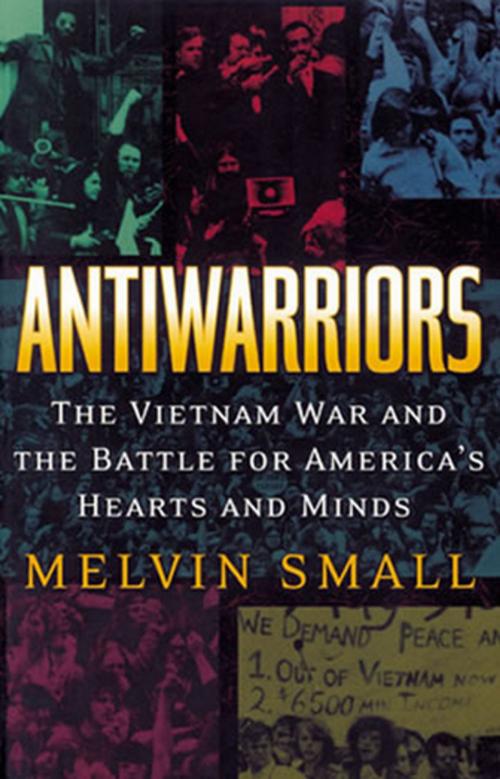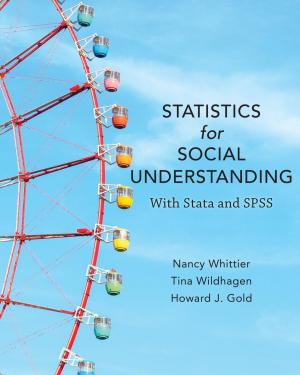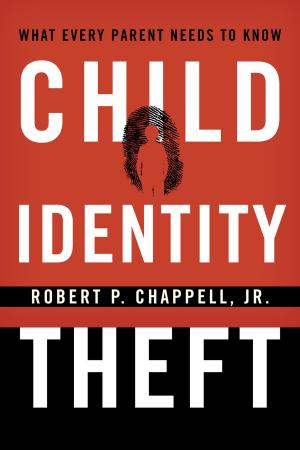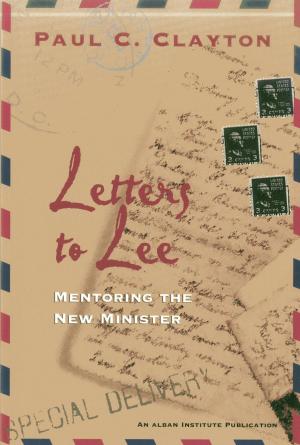Antiwarriors
The Vietnam War and the Battle for America's Hearts and Minds
Nonfiction, History, Americas, United States, 20th Century| Author: | Melvin Small | ISBN: | 9780742583917 |
| Publisher: | Rowman & Littlefield Publishers | Publication: | September 1, 2002 |
| Imprint: | Rowman & Littlefield Publishers | Language: | English |
| Author: | Melvin Small |
| ISBN: | 9780742583917 |
| Publisher: | Rowman & Littlefield Publishers |
| Publication: | September 1, 2002 |
| Imprint: | Rowman & Littlefield Publishers |
| Language: | English |
The antiDVietnam War movement marked the first time in American history that record numbers marched and protested to an antiwar tune_on college campuses, in neighborhoods, and in Washington. Although it did not create enough pressure on decision-makers to end U.S. involvement in the war, the movement's impact was monumental. It served as a major constraint on the government's ability to escalate, played a significant role in President Lyndon B. Johnson's decision in 1968 not to seek another term, and was a factor in the Watergate affair that brought down President Richard Nixon. At last, the story of the entire antiwar movement from its advent to its dissolution is available in Antiwarriors: The Vietnam War and the Battle for America's Hearts and Minds . Author Melvin Small describes not only the origins and trajectory of the antiDVietnam War movement in America, but also focuses on the way it affected policy and public opinion and the way it in turn was affected by the government and the media, and, consequently, events in Southeast Asia. Leading this crusade were outspoken cultural rebels including Abbie Hoffman and Jerry Rubin, as passionate about the cause as the music that epitomizes the period. But in addition to radical protestors whose actions fueled intense media coverage, Small reveals that the anti-war movement included a diverse cast of ordinary citizens turned war dissenter: housewives, politicians, suburbanites, clergy members, and the elderly. The antiwar movement comes to life in this compelling new book that is sure to fascinate all those interested in the Vietnam War and the turbulent, tumultuous 1960s.
The antiDVietnam War movement marked the first time in American history that record numbers marched and protested to an antiwar tune_on college campuses, in neighborhoods, and in Washington. Although it did not create enough pressure on decision-makers to end U.S. involvement in the war, the movement's impact was monumental. It served as a major constraint on the government's ability to escalate, played a significant role in President Lyndon B. Johnson's decision in 1968 not to seek another term, and was a factor in the Watergate affair that brought down President Richard Nixon. At last, the story of the entire antiwar movement from its advent to its dissolution is available in Antiwarriors: The Vietnam War and the Battle for America's Hearts and Minds . Author Melvin Small describes not only the origins and trajectory of the antiDVietnam War movement in America, but also focuses on the way it affected policy and public opinion and the way it in turn was affected by the government and the media, and, consequently, events in Southeast Asia. Leading this crusade were outspoken cultural rebels including Abbie Hoffman and Jerry Rubin, as passionate about the cause as the music that epitomizes the period. But in addition to radical protestors whose actions fueled intense media coverage, Small reveals that the anti-war movement included a diverse cast of ordinary citizens turned war dissenter: housewives, politicians, suburbanites, clergy members, and the elderly. The antiwar movement comes to life in this compelling new book that is sure to fascinate all those interested in the Vietnam War and the turbulent, tumultuous 1960s.















